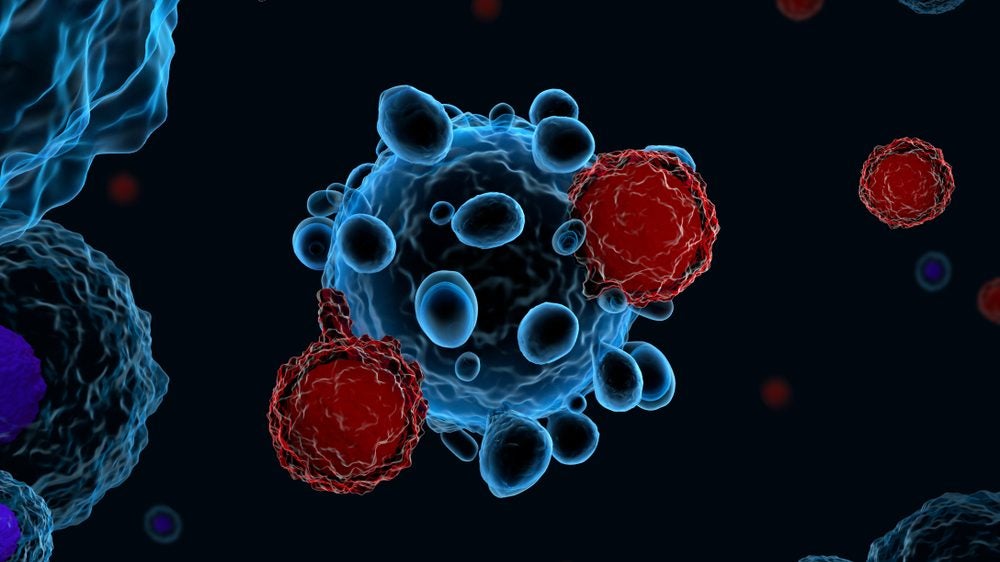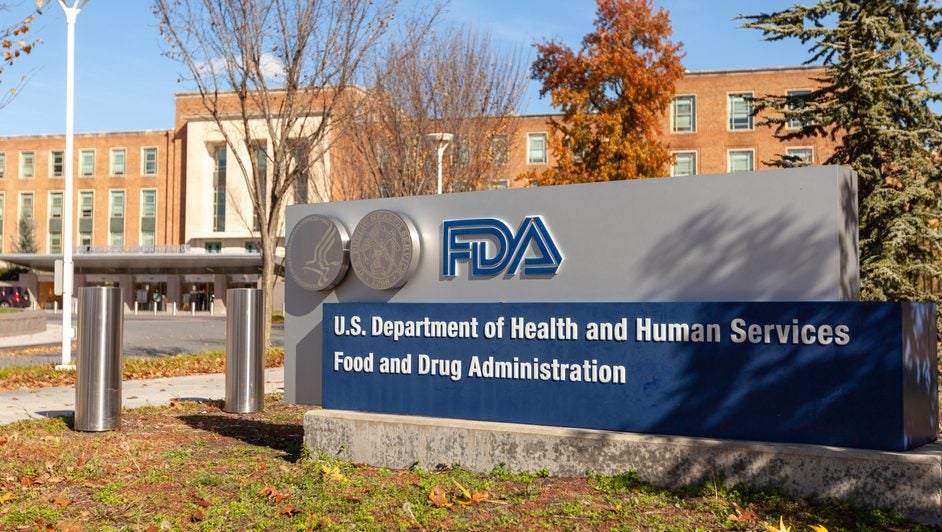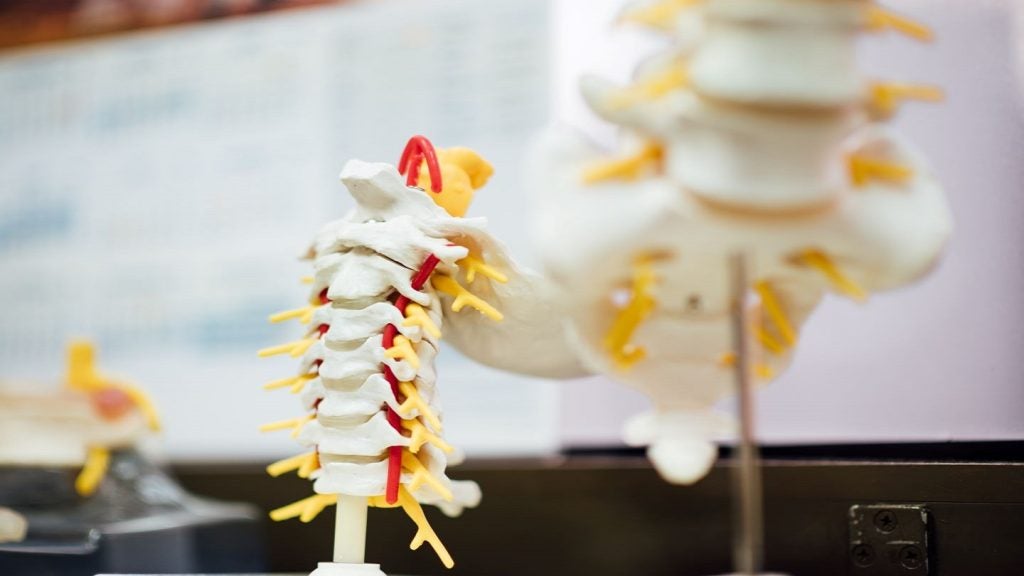New early data suggests Precigen Therapeutics’s CAR-T therapy PRGN-3005 could decrease tumour burden in advanced ovarian cancer.
In Phase I data unveiled at the 2023 American Society of Clinical Oncology (ASCO) Annual Meeting, PRGN-3005 decreased tumour burden in 67% of patients with advanced stage platinum resistant ovarian cancer. In addition, there were no reported dose limiting toxicities or neurotoxicities associated with PRGN-3005.
Though the early data is promising, Precigen still has a substantial road ahead to develop PRGN-3005 in ovarian cancer. According to a GlobalData report, ovarian cancer represents a sizeable share of the global clinical trial market, though the field is still grappling with delivering new biomarkers and overcoming racial disparities.
The Phase I/Ib trial of PRGN-3005 (NCT03907527) is now in the dose-finding Phase Ib portion. The Phase I data reported at ASCO entailed 27 patients, and the overall trial has an expected enrolment of 71 patients, as per the trial listing.
Precigen’s CAR-T program
PRGN-3005 is a type of CAR-T therapy, short for chimeric antigen receptor T cell (CAR-T), which entails genetically altering immune cells in a lab that then enter a patient’s body. Though CAR-T therapies have shown promise in indications ranging from leukaemia to glioblastoma, questions are rising over growing challenges in affordability and patient access.
PRGN-3005 specifically targets mucin-16, a protein overexpressed in many forms of ovarian cancer. The cell therapy utilises Precigen’s “UltraCAR-T” platform, which allows for reduced manufacturing time and next-day delivery.















